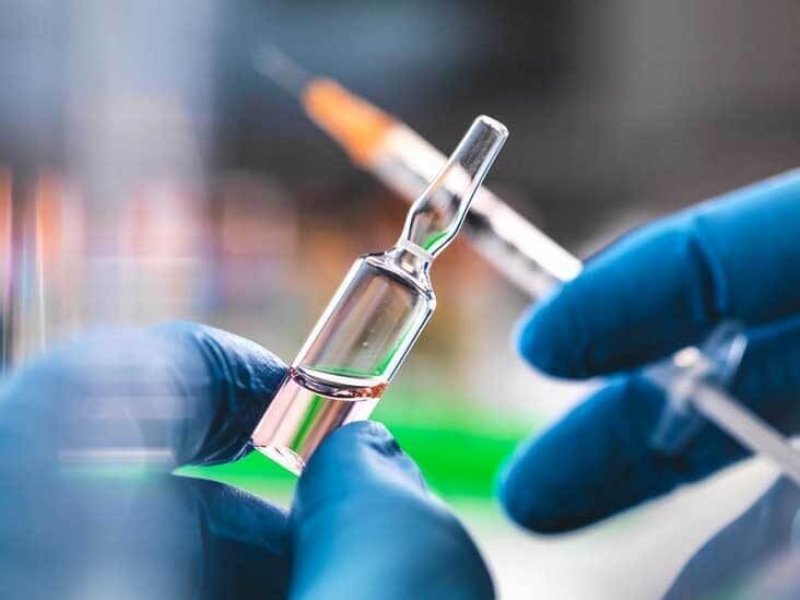Ozlem Tureci, who co-founded the German company BioNTech with her husband [Ugur Sahin], was working on a way to harness the body’s immune system to tackle tumors when they learned last year of an unknown virus infecting people in China.

Over breakfast, the couple decided to apply the technology they’d been researching for two decades to the new threat, dubbing the effort “Project Lightspeed.”
As BioNTech’s profile has grown during the pandemic, so has its value, providing funds the company can use to pursue its original goal of developing a new tool against cancer.
The vaccines made by BioNTech-Pfizer and US rival Moderna use messenger RNA, or mRNA, to carry instructions into the human body for making proteins that prime it to attack a specific virus. The same principle can be applied to get the immune system to take on tumors.
“We have several different cancer vaccines based on mRNA,” said Tureci, who is BioNTech’s chief medical officer.
Asked when such a therapy might be available, Tureci said “that’s very difficult to predict in innovative development. But we expect that within only a couple of years, we will also have our vaccines [against] cancer at a place where we can offer them to people.”































